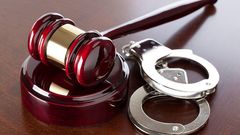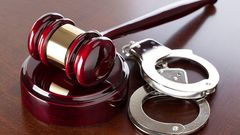An epileptic seizure is a brief episode of signs and/or symptoms due to abnormal excessive or synchronous neuronal activity in the brain. The outward effect can vary from uncontrolled jerking movement to as subtle as a momentary loss of awareness. The disease of the brain characterized by an enduring predisposition to generate epileptic seizures is called epilepsy, but seizures can also occur in people who do not have epilepsy. Additionally, there are a number of conditions that look like epileptic seizures but are not. After a first seizure, treatment is generally not needed unless specific problems are found on either electroencephalogram or imaging of the brain. 5–10% of people who live to 80 years old have at least one epileptic seizure and the chance of experiencing a second seizure is between 40% and 50%. About 50% of patients with an unprovoked apparent “first seizure” have had other minor seizures, so their diagnosis is epilepsy. Epilepsy affects about 1% of the population currently and affects about 4% of the population at some point in time. Most of those affected—nearly 80%—live in developing countries.

- I-TEAM: DEC ignored questions from Albert the alligator owner after he failed to comply with regulations

- Records: Charlotte attorney accused of faking seizure, assaulting employee

- Records: Charlotte attorney accused of faking seizure, assaulting employee

- Records: Charlotte attorney arrested after allegedly faking seizure, hitting employee







